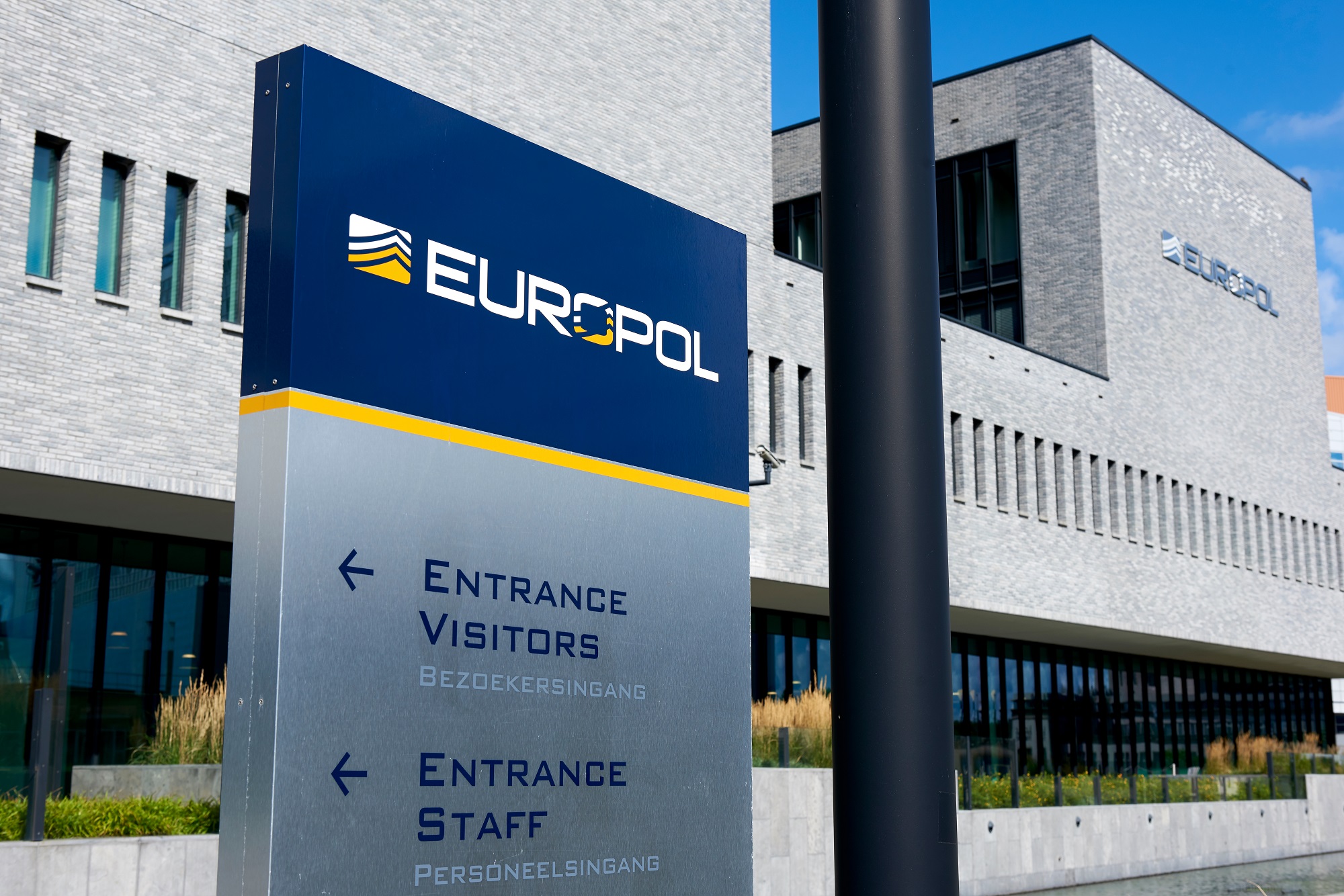
Money laundering techniques perfected by ransomware gangs and cryptocurrency scammers now clean the cash of up to 70% of the world’s organised crime gangs, Europol has warned in its inaugural report on financial and economic crime. While international law enforcement agencies are fighting hard against cybercrime, said the organisation, their progress has been slow – with criminals in Europe profiting by up to €188bn as a result.

New tech tools make crime pay
Advances in fintech are exacerbating financial crime, the report said, with disproportionate rates of financial fraud and money laundering offences arising from the widespread use of online banking and ‘neo banks’, which operate with purely digital infrastructure. Other advancements in the financial sector, such as virtual international bank account numbers (IBAN) and ‘buy now pay later’ financing have also facilitated a spike in online fraud, according to Europol.
Additionally, tools like “encrypted messaging apps, dark web marketplaces, cryptocurrencies, and other privacy-enhancing technologies protect criminals’ identities,” making it all the more difficult, according to the report, for law enforcement agencies to suppress organised crime. “Illicit digital products and technical services can also be hired or purchased by criminals in a crime-as-a-service business model, allowing criminals who are not particularly tech-savvy to perform illicit activities that entail knowledge of technology.”
This includes money laundering, a practice that has grown easier in recent years with the emergence of new types of digital assets. Because of this, the report said, professional money launderers have established a parallel underground financial system to process transactions and payments away from the surveillance mechanisms that govern the legal financial system. High-level money brokers hold a central position within this criminal ecosystem, Europol explained, offering wide-ranging, unregulated and global banking and escrow services to multiple criminal organisations. As such, said the agency, billions of euros worth of illicit profits in varying cryptocurrencies are laundered every year through the EU, “making money laundering a key criminal threat to our societies.”
Most countries do not yet have the experience and the specialist expertise required for tracing cash, analysis of the blockchain, clarification of actual ownership, management of the assets seized, time of sale, and recovery, Europol said. Digital assets held in non-financial institutions, meanwhile, are even more difficult to trace, seize, and confiscate.
“Organised crime has built a parallel global criminal economy around money laundering, illicit financial transfers and corruption,” explained Europol’s executive director, Catherine De Bolle. “With modern technology, they have diversified their modi operandi to evade detection.”






